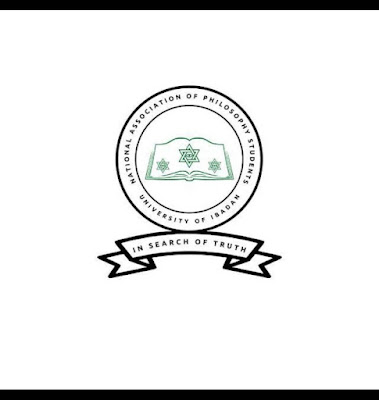By Bolu Kuewumi
"Should things go wrong at any time, the people will set them to rights by the peaceable exercise of their elective rights.” – Thomas Jefferson
The growing political apathy in the philosophy department is becoming worrisome that it can no longer be dusted off like mere dirt on a hat. The empty political posts left unoccupied can attest to this issue. This development only proves that it is possible for a person to be educated and understand what politics is about yet apathetic towards political matters. Possible reasons and solutions to this problem.
This is an exposition of the 'growing
political apathy in the department' which is becoming unbecoming and tantamount
to counterproductivity. This is evident in the low turnout of people vying for
executive positions or political posts as well as voting during the last
election and consequent vacant offices.
Pointing out the possible reasons for the 'growing
political apathy in the department'; Could it be that students of the
department do not have the requisite knowledge of the department's politics?
Could it be a result of a biased electoral process? Could it be a result of
dishonest leadership? Could it be that NAPSITES find the department's politics
boring? Could it be as a result of the academic status of most students in the
department seeing that it is the primary reason for being admitted into this
great citadel of learning? Or even financial reasons and having to juggle
academics with political offices And other cogent reasons best known to the
students of the department.
Political Apathy is described as when a person has an
indifferent attitude towards political matters such as vying for political
positions, expressing franchise, having opinions and so on. When we hear the
word 'politics', the images that come into play in our minds are government,
political parties, elections, politicians, and so on. These images, however,
have ruled out the original meaning of 'politics'.
Etymologically, the word 'politics' is derived from
the Greek word 'polis', which means the city-state. The idea of 'polis' also
emerged from the writings of Plato and Aristotle which explains the development
of the 'ideal state'.
Consequently, the 'department' is our own 'ideal
state' and various strategies need to be put in place and applied to create a
better department than the one which already exist— 'politics' is one of those
strategies. How then can we realize this 'ideal state' if there is no complete
executive body possessed of knowledge, obtained through philosophical study to
direct the affairs of NAPSITES?
Solutions
The prices of forms for political offices should also
be reduced. Recognition and award should also be presented to officers who have
performed well in office. Also, interested candidates should also know that to
successfully achieve any task, there is need to master the art of balancing and
juggling with two or more duties.
An 'ideal state' is not an ideal state if there is no
Philosopher-King to rule it affairs. In other words, to bring about development
and advancement to the department, it is high time NAPSITES began to take up
their positions as 'Philosopher-Kings'.
All for a better department.









0 Comments